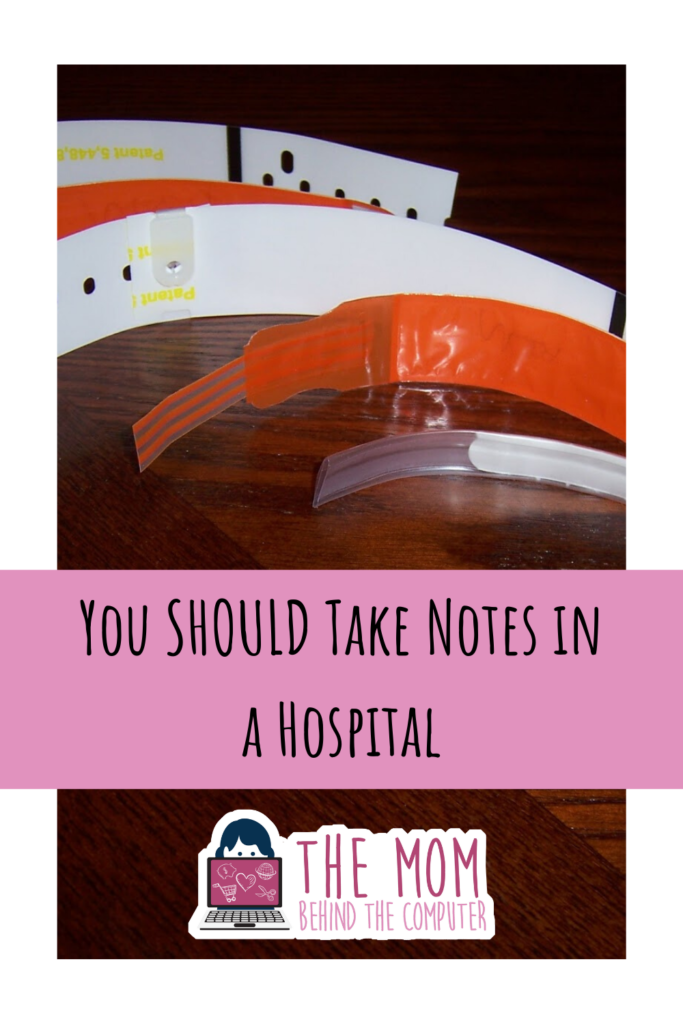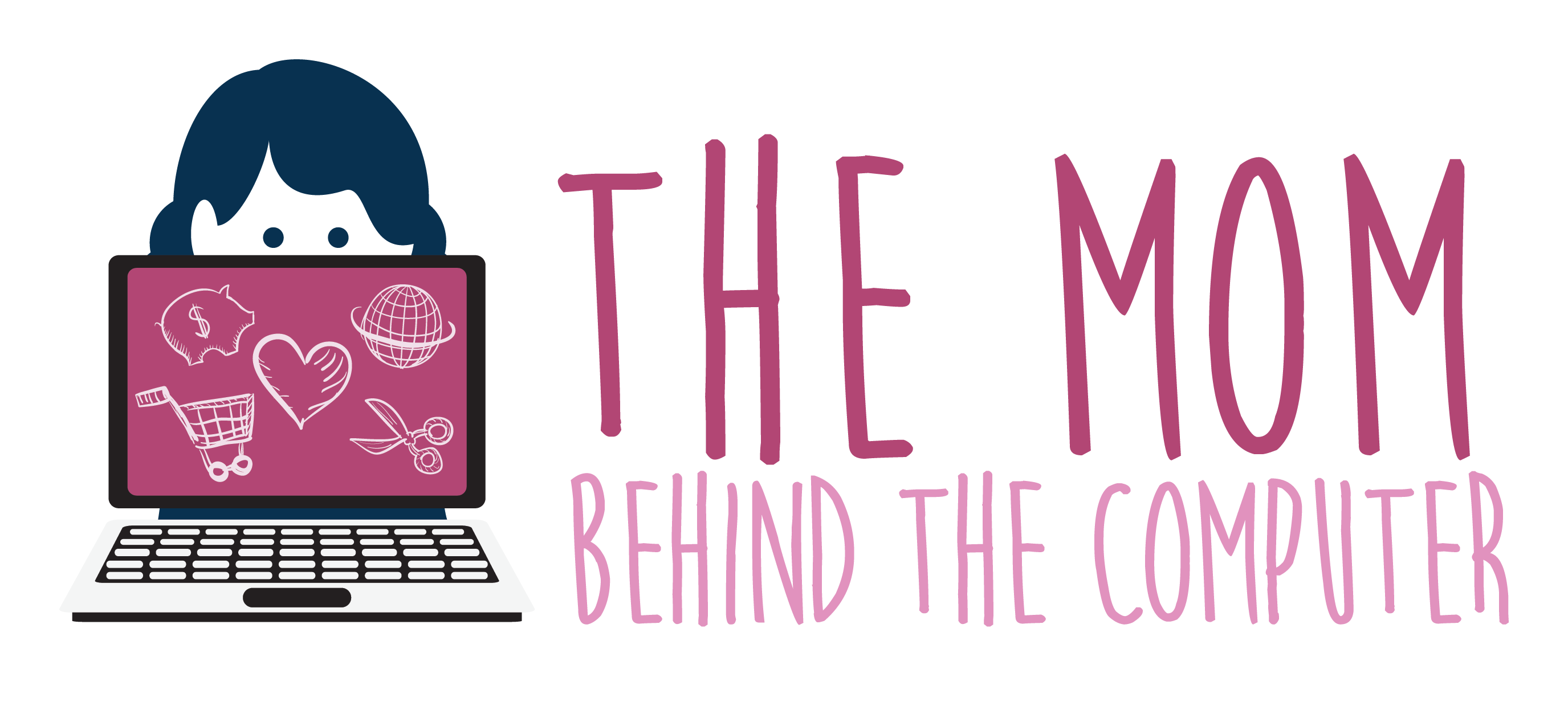
When I’m at a hospital with a loved one, I’m “that person”. That person that has a notebook and pen poised and ready to go whenever a doctor or nurse steps foot into the room. The majority of workers I meet in a hospital aren’t fans of that type of behavior. In fact, when a family member came to visit my husband in the hospital one time, she looked at my notebook and scoffed, saying “oh, you’re one those…”
Yes, I’m one of those. I note down every detail that I can regarding the care of my loved one. There are a few reasons I do this:
- I am blessed to have people in my immediate circle who are in the medical profession. Often they will ask me for updates about the patient. I’m not overly familiar with many medicines or procedures and my vague “I think they are giving a medicine to do this…” doesn’t cut it for medical professionals wanting to be in the know.
- I am never at the top of my game in a hospital. I am concerned, tired, uncomfortable, and often I don’t even know what day it is. I’ve tried to not take notes a time or two and by the time a doctor leaves the room I’m blanking on key words that they have relayed to me.
- I’m often blessed to have others that will offer to help with care of the loved one (my philosophy is, whenever possible, don’t leave a loved one alone when they are not fully capable to advocate for themselves). Without notes of medications and times of care, transitioning caregivers would be extremely difficult. There was a family member who was in the hospital when I was a child who would have been given the wrong medication if it wasn’t for the careful note taking of another family member. Today’s technology makes these sort of mistakes much less common, but I still like to do my part.
Note taking is a top priority for me when being a caregiver. I know that it can be intimidating the first time you start to take notes. Here are some of the things I make note of:
- Date – Whenever the day changes, I write the date at that point in the notes.
- Time – Whenever writing a note, I note the time and if it’s AM or PM.
- Stats – Depending on the reason for the stay, I don’t always take note of stats like blood pressure, oxygen rate, and temperature. But there are times when that is valuable information and I am sure to note it when that happens.
- Highlights that doctors and nurses say – This especially includes medicines. It’s very likely that you don’t know exactly how to spell a medicine name. Do your best to write it down as it sounds.
- What the patient eats and/or drinks – Again, this is not needed most of the time, but it can come in handy.
Taking notes is just one of things I suggest to caregivers as they are helping their loved ones in the hospital. One other thing I suggest is having a hospital go bag packed and ready to go (that post is coming soon). Nothing will take away the yuckiness of needing care in the hospital, but, with a little prep and thoughtful planning on the front end, you can make the trip a bit easier for you and your loved one.
